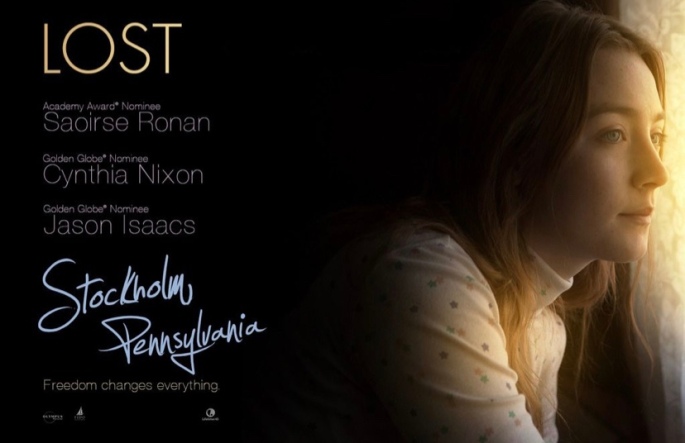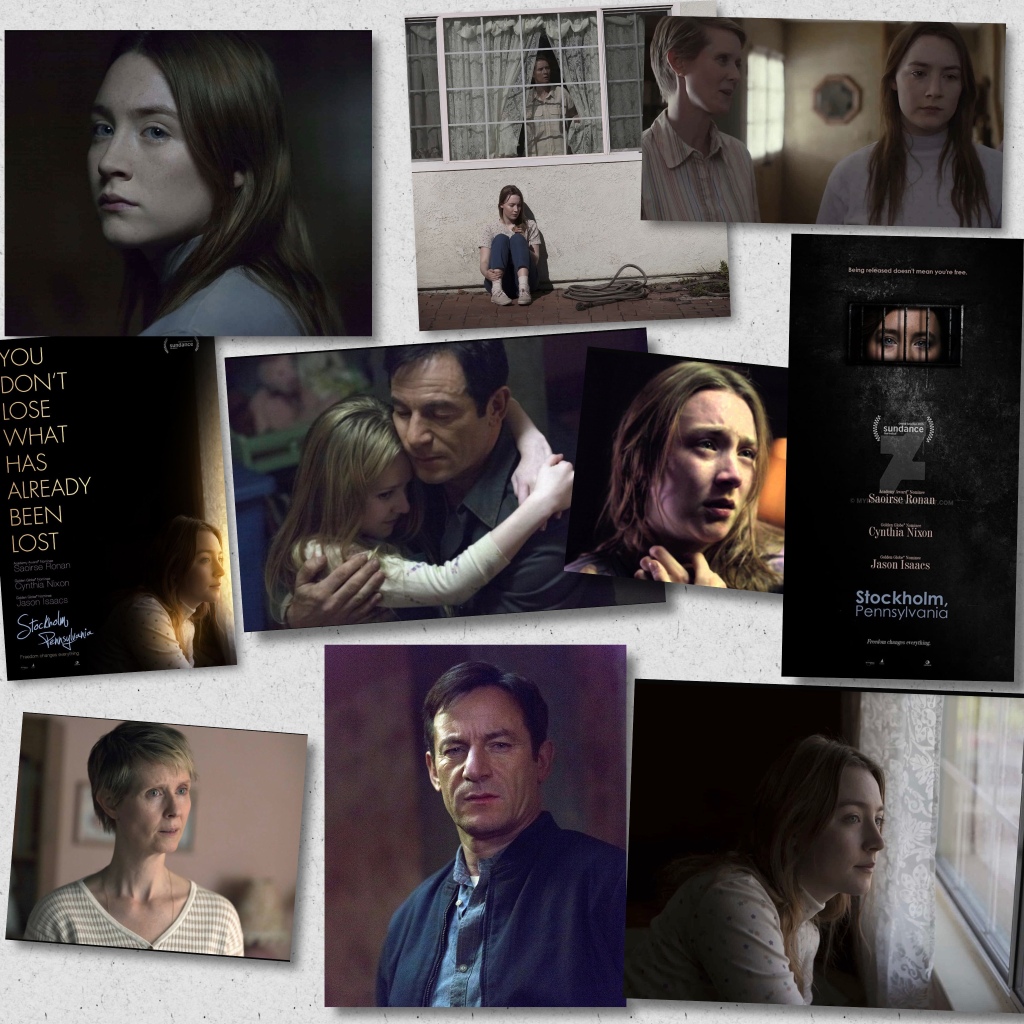
I think that sometimes there may be a certain expectation set when an already minted Hollywood superstar branches off from the acting game and tries their hand at writing/directing, a vague conjecture that their foray into filmmaking will be more of the same stuff that fans are used to. Well, Ryan Gosling has no use for any of that in his stunning, surreal, masterful and wonderfully otherworldly directorial debut Lost River, a haunting, dreamlike slice of Detroit Gothic wrapped in a dark fairytale that casted a spell on me like no other film has. This is arthouse stuff through and through, Gosling has no interest pandering to the masses or sculpting his work into something wieldy or palatable, he courageously dives headfirst off the map into uncharted territory where there be monsters and visions the likes of which your screen has never seen. In a crumbling, decrepit borough of old Detroit, single mother Billy (Christina Hendricks) struggles to keep her family home from being seized by the bank and demolished, so she takes up employment from oily loan officer Dave (Ben Mendelsohn) working at the club he owns as a moonlight gig, where dancers like the beautiful Cat (Eva Mendes in a wonderfully playful turn, her last acting gig to date) pantomime being murdered on stage for a rapt audience. Meanwhile Billy’s son Bones (Iain de Caestecker) runs wild in the overgrown, labyrinthine basilicas, ragged chain-link fence desolation and jungled ruins of their Lost River county, collecting copper piping for cash, evading a very strange and violent bully named, uh, ‘Bully’ (a feral Matt Smith) and forming an ethereal bond with a lonely wandering waif called Rat, played by Saoirse Ronan in a lovely study of calculated, underplayed wonderment. Many have complained that this film is style over substance and that there isn’t really a plot to speak of supporting all the visual and auditory splendour but they’re kind of missing the point here; this is an abstract parable that refracts aspects and elements of our waking material world through a very primal, subconscious and childlike prism of images, impressions and emotions, I don’t think Gosling ever meant to tell a constructed story with delineated edges and beats, he strives for the fluid, the intangible, the kind of film you feel your way through as opposed to think. There is a strong undercurrent of deep, essential meaning here that can be very, very finely tuned into as a sort of subconscious frequency and in that sense what the film imparts to you could be called a ‘plot,’ but if you’re not tuned into it well… that’s your problem, really, and to say there’s no story or meaning just because you can’t quantify it with your waking consciousness is simply narrow, lazy criticism. Gosling employs the talents of musician Jonny Jewel to compose a suitably synth soaked, absolutely gorgeous score that is accented by several cast members doing singing of their own including Ronan and Mendelsohn, who belts out a transfixing, unforgettable rendition of Marty Robbins’ Cool Water in his eerie nightclub. The cinematography is bliss, from said club to it’s austere archway entrance that can be seen on the film’s poster to a ghostly underwater town long flooded to develop neighbourhoods that are swiftly falling beautiful ruin and the spectral, vegetative barrens of their environment around them, speckled with broken architectural curios and slowly being reclaimed by nature. I try not to use the ‘M’ word too much in my writing (that’s a big fat lie) but there are some films that I just vibe with so deeply and care for so much as immersive experiences that one can scarcely put into words (I hope I’ve made out alright here) that there’s just no way around it: to me, Lost River is a masterpiece, Gosling and everyone involved should be immensely proud of what they’ve made and how it will affect many like me who were powerfully moved by it.
-Nate Hill







